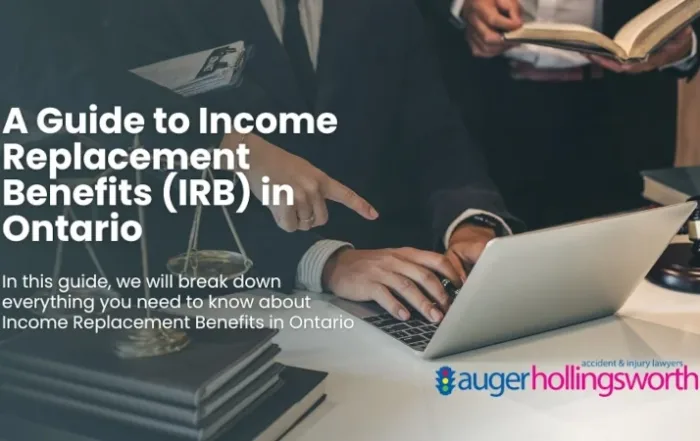How to Handle Evidence When the Other Side Refuses to Cooperate
If the opposing party refuses to agree to a Joint Document Brief (JDB), don’t panic. There are still effective tools available to get your evidence in—especially in Ontario personal injury trials.
At Auger Hollingsworth, we know how to respond when opposing counsel plays games with evidence. First, we document all attempts to collaborate. We send multiple clear letters proposing a draft joint document index and referencing key case law, like *Girao v. Cunningham*. If necessary, we bring these letters to the judge’s attention at the trial management conference.
But we don’t stop there. We use **Requests to Admit** under Rule 51.03 to establish that documents are authentic. We serve **Evidence Act Notices** under s. 35 and s. 52 to admit business and medical records. And where necessary, we call witnesses or use subpoenas to make sure our clients’ evidence is presented.
This is particularly important in motor vehicle accident and slip-and-fall cases, where liability may be disputed. If the other side tries to block key photos, surveillance, or treatment records, we ensure those documents are still put before the court—legally and persuasively.
When faced with resistance, preparation and persistence make the difference. Our team takes nothing for granted. We secure your evidence so your case has the best possible chance of success.
If you need an injury lawyer who knows how to navigate trial obstacles and push your case forward when others won’t cooperate, call Auger Hollingsworth. We don’t back down.














